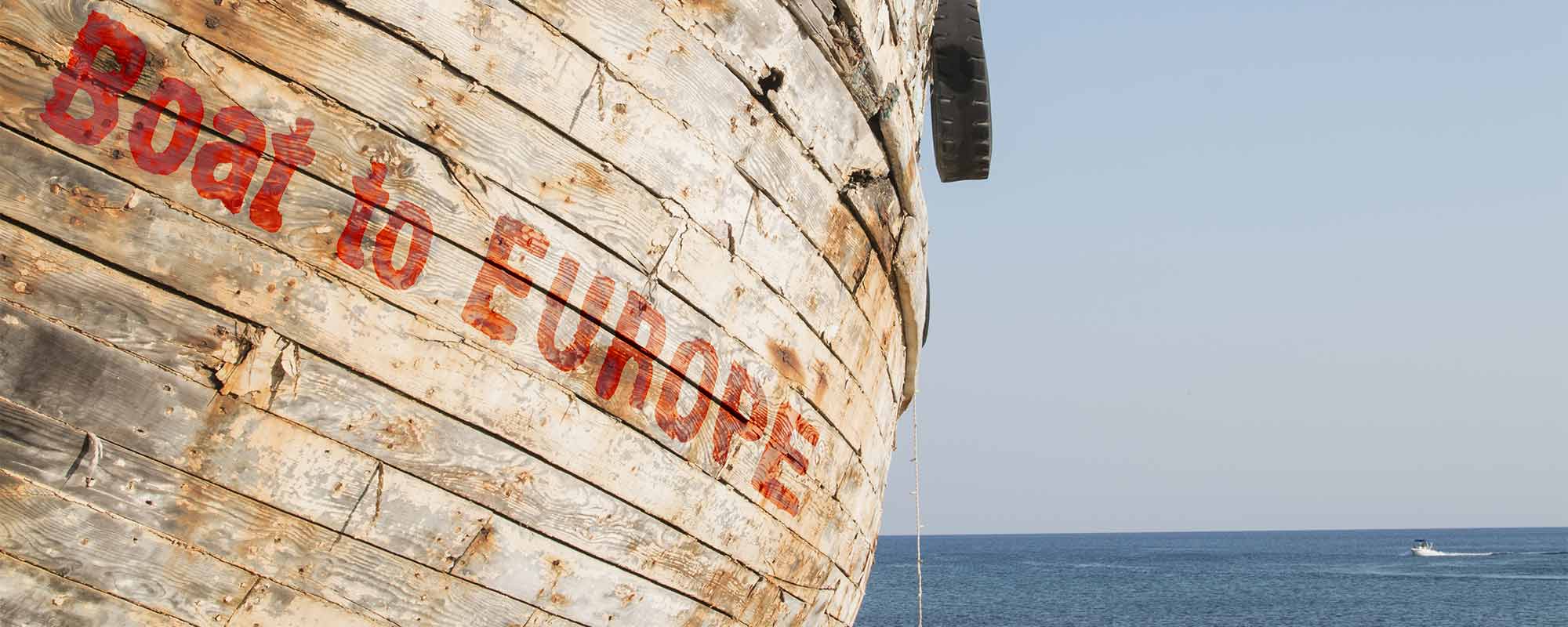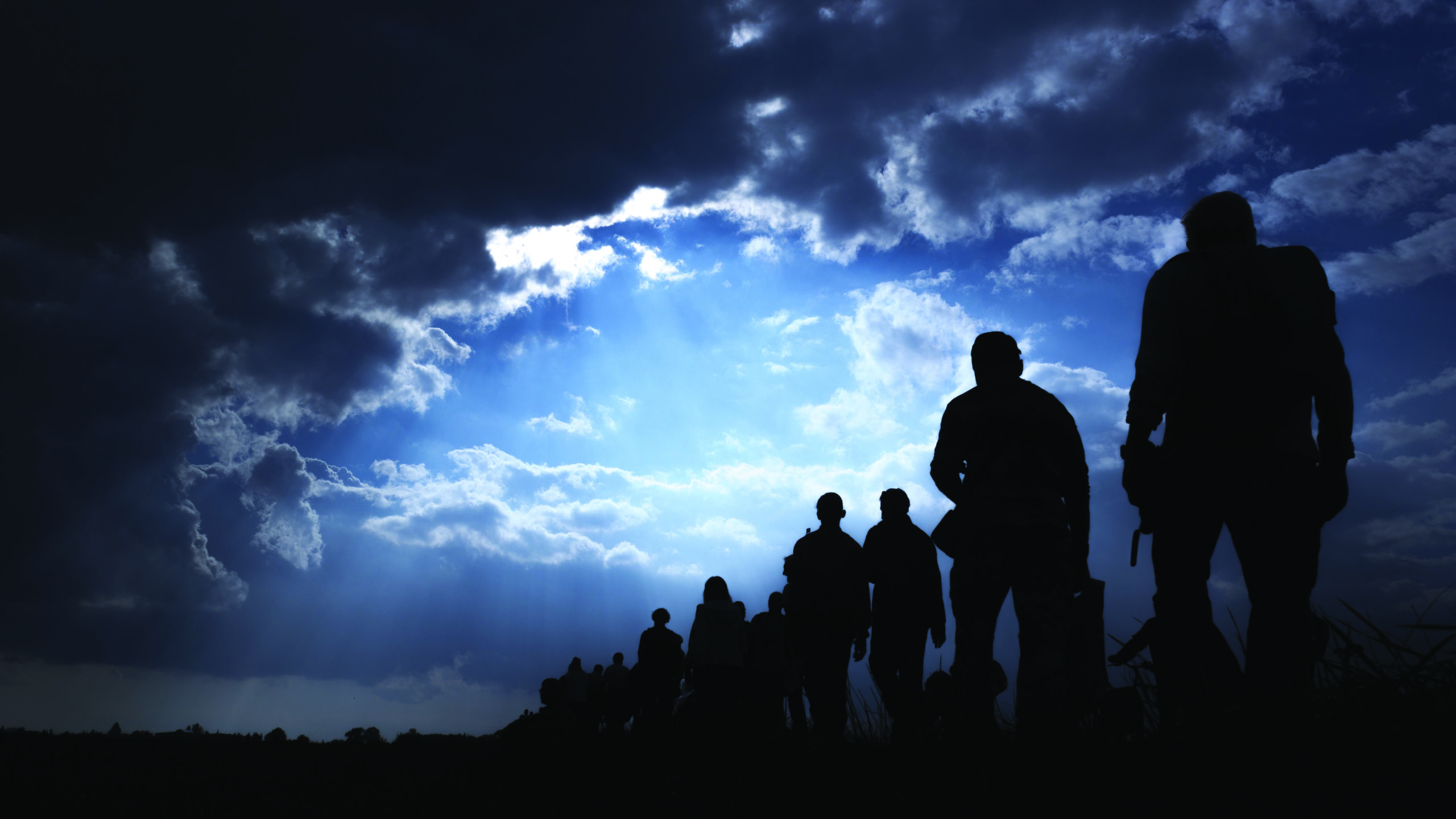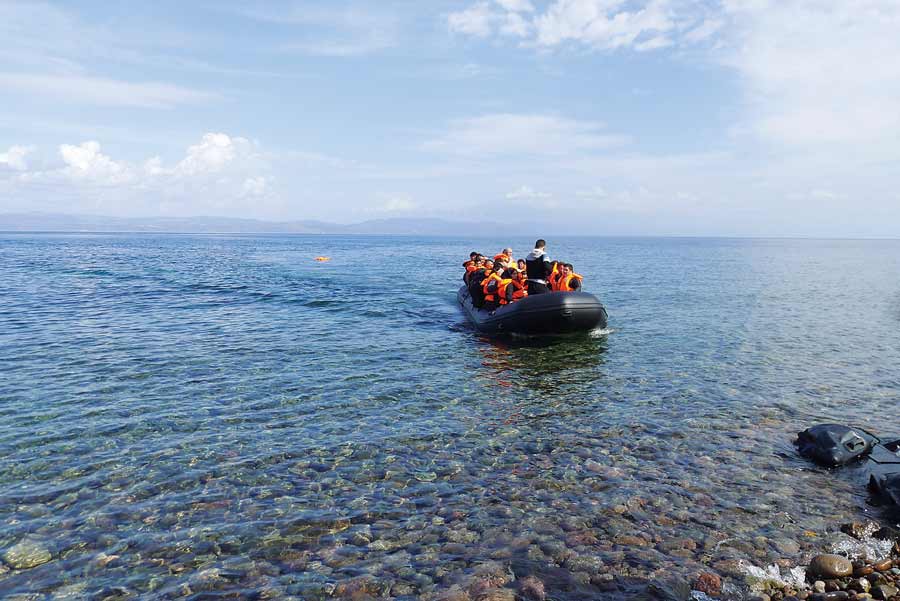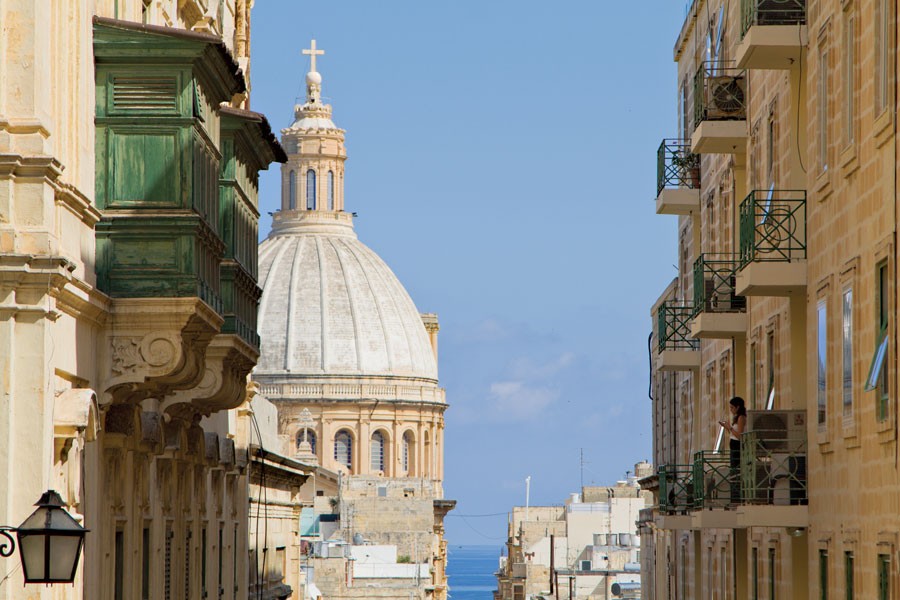Designer and visual artist Daniela Attard, known as ielladoodle, hosted Migration Nation, a multimedia art exhibit at Spazju Kreattiv. The exhibit deals with several important issues in both a worldwide and Maltese context. THINK visits the exhibit and speaks with Iella about her work and her time as a UM student.
Continue readingAdrift at Sea: Laws, Morals, and Policies in Malta’s Search and Rescue Region
Since 2016, EU member states have scaled down search and rescue operations that save lives at sea and replaced them with policies intended to reduce the number of migrant arrivals to Europe. These policies of non-assistance and forced returns to Libya render the central Mediterranean one of the world’s deadliest border spaces and force asylum seekers back to a war zone where inhuman and degrading treatment is well-documented. A growing network of civil society organisations continues to challenge these policies in the courts, on the streets, and at sea. This article, the second in a two-part series on migration, is based in part on interviews conducted with Dr Omar Grech, Senior Lecturer in International Law at the University of Malta (UM), Dr Derek Lutterbeck, Deputy Director at the Mediterranean Academy of Diplomatic Studies at UM, and Dr Felicity Attard, expert in International and Maritime Security Law at the Faculty of Laws at UM.
Continue readingConcentration Camps in Libya
Following the NATO-backed overthrow of Muammar Gaddafi in 2011, Libya descended into a decade of disunity and violence resulting in incalculable suffering and loss of life. Today, much of the country remains a war zone, and migrants in EU-sponsored Libyan detention facilities continue to suffer well-documented, gross human rights violations. This article, the first in a two-part series on migration, is based in part on interviews conducted with Dr Omar Grech, Senior Lecturer in International Law at the University of Malta (UM); Dr Derek Lutterbeck, Deputy Director at the Mediterranean Academy of Diplomatic Studies at UM; and Dr Felicity Attard, expert in International and Maritime Security Law at the Faculty of Laws at UM.
Continue readingNothing to see here
Two years after Cisse’s murder, which was ostensibly motivated by racial hatred given that neither of the shooters knew anything about the victim except his skin colour, the report remains a secret.
Continue readingFrom Immigrants to Theology
Over 1.82 million migrants entered the EU in 2015 and this has triggered much dialogue across member states. In May 2015, the Archbishop of Malta, H.G. Mons Charles J. Scicluna, after the Vatican announcement of the Year of Mercy, reached out to the academic community to reflect on the immigrant phenomenon. This call set in motion The Mercy Project, which aims to create a set of reflections and recommendations around immigration.
The project has four stages. It first reflected on the issues of mercy and immigration within the Maltese context. During this stage, staff members from various University of Malta (UoM) faculties explored the local situation, reflecting on the terminology used, prevailing concepts and current practices. This was followed by a second stage. Academics held meetings to discuss various viewpoints and realities around migration. Those involved included members from the Faculties of Theology, Arts, Social Wellbeing, Laws, Education, and Health. At the third stage, a symposium on ‘Mercy and the Immigrant’ was held on 6 June 2016. The symposium brought together interested parties and agency representatives to reflect on the issue. This provided a platform for a dialogue between theologians and society. Rev. Dr René Micallef S.J. (Gregorian University in Rome) spoke about the mercy, justice, and policies needed to be considered by Malta and the rest of the EU.
The final forth step is underway. A publication of the project’s position papers is being prepared. This will make available to various sectors of the public some of the philosophical, social, legal, educational, and theological ideas which surfaced during the project’s dialogues and consultations. It will provide concrete recommendations for the University of Malta, State, and the Church.






